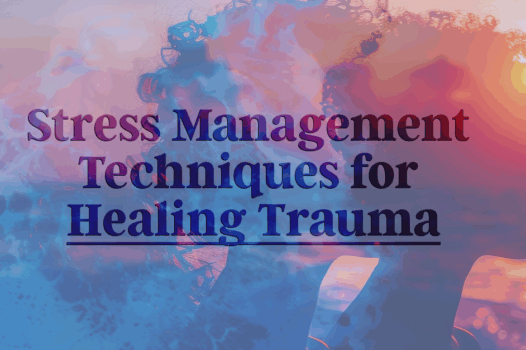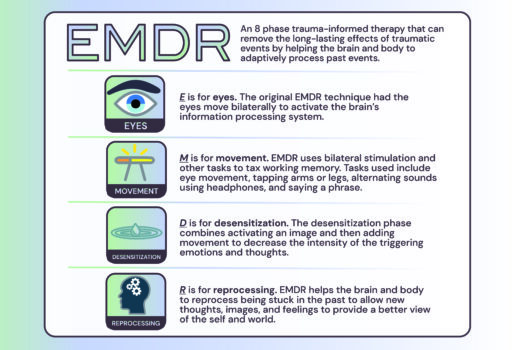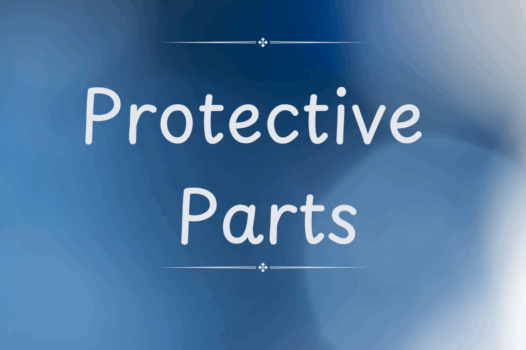If you are struggling with adoption-related issues, adoption counseling may be the next step for you. With an understanding that adoption triad members have a wide range of concerns that bring them to psychotherapy, Marie uses a variety of approaches – from traditional talk therapy to trauma-informed techniques – to help individuals reach their goals. From the first conversation, Marie will listen to your story and feelings and work with you to develop a plan to help you achieve your goals.
Life is more complicated for birth parents, adoptees, and adoptive parents because of relinquishment and adoption. Core issues such as loss, grief, identity, rejection, loyalty, guilt, shame, fitting in, and intimacy are common struggles. These difficulties are often intensified for adoptees and birth parents who feel isolated, especially when they are treated “as if” adoption never happened. Adoptive families also face unique challenges, as adoptive parents often do not know how to talk to their children about complex adoption issues.
For some, relinquishment and adoption have been traumatizing. When trauma occurs, it leaves an imprint on the brain and body, causing individuals to view their world through the lens of trauma. Those who have experienced trauma often have low self-worth, a small window of tolerance for stress, in addition to other trauma symptoms.
Common Topics for Birth Parents in Adoption Counseling
I am thinking of contacting my child who was adopted, and I would like some support.
My adopted child found me, and I feel overwhelmed.
The shame, guilt, and stigma from relinquishing my child are still with me, even after all these years. I feel like I am reliving the trauma of my past.
My child lost to adoption is a secret no one knows. It is a burden to have no one to talk about the most difficult experience of my life.
There are obsessive qualities in my reunion relationship with my child, and I don’t know what to do.
Common Topics for Adoptees in Adoption Counseling
I feel incomplete because I do not know anything about my birth family and early life.
I just contacted my birth relative, and it is not what I envisioned the adoption reunion would be like. I feel overwhelmed.
I am sensitive to rejection, and I tend to overreact, which complicates my relationships. I wonder if my struggles are related to being adopted.
There are obsessive qualities in my reunion relationship with my birth relative, and I don’t know what to do.
Common Topics for Adoptive Parents in Adoption Counseling
I am confused about how to explain my child’s difficult birth family history to them.
My adopted child is argumentative and constantly pushes me away. I feel like I am walking on eggshells around them.
I am wondering if opening a closed adoption for my child is the right thing to do since my child is struggling with identity and other adoption issues.
My child’s birth parent contacted me, and I am unsure if the time is right to have an adoption reunion, especially since my teenager is already going through a difficult time.
We have an open relationship with my child’s birth relatives, and it is extremely stressful.
Adoption counseling is unique to each individual client. Counseling begins with clients describing their concerns and how their struggles are affecting their lives. Clients are asked to define their goals, which guide the counseling. Depending upon each client’s needs, Marie can provide psychoeducation on adoption issues and trauma, cognitive behavioral therapy (CBT), and trauma-informed therapies.
Trauma-informed therapies differ from traditional top-down talk-only therapies, which focus on helping individuals to think differently, learn new skills, and problem solve. In contrast, trauma-informed therapy techniques focus on the underlying issues that maintain trauma symptoms.
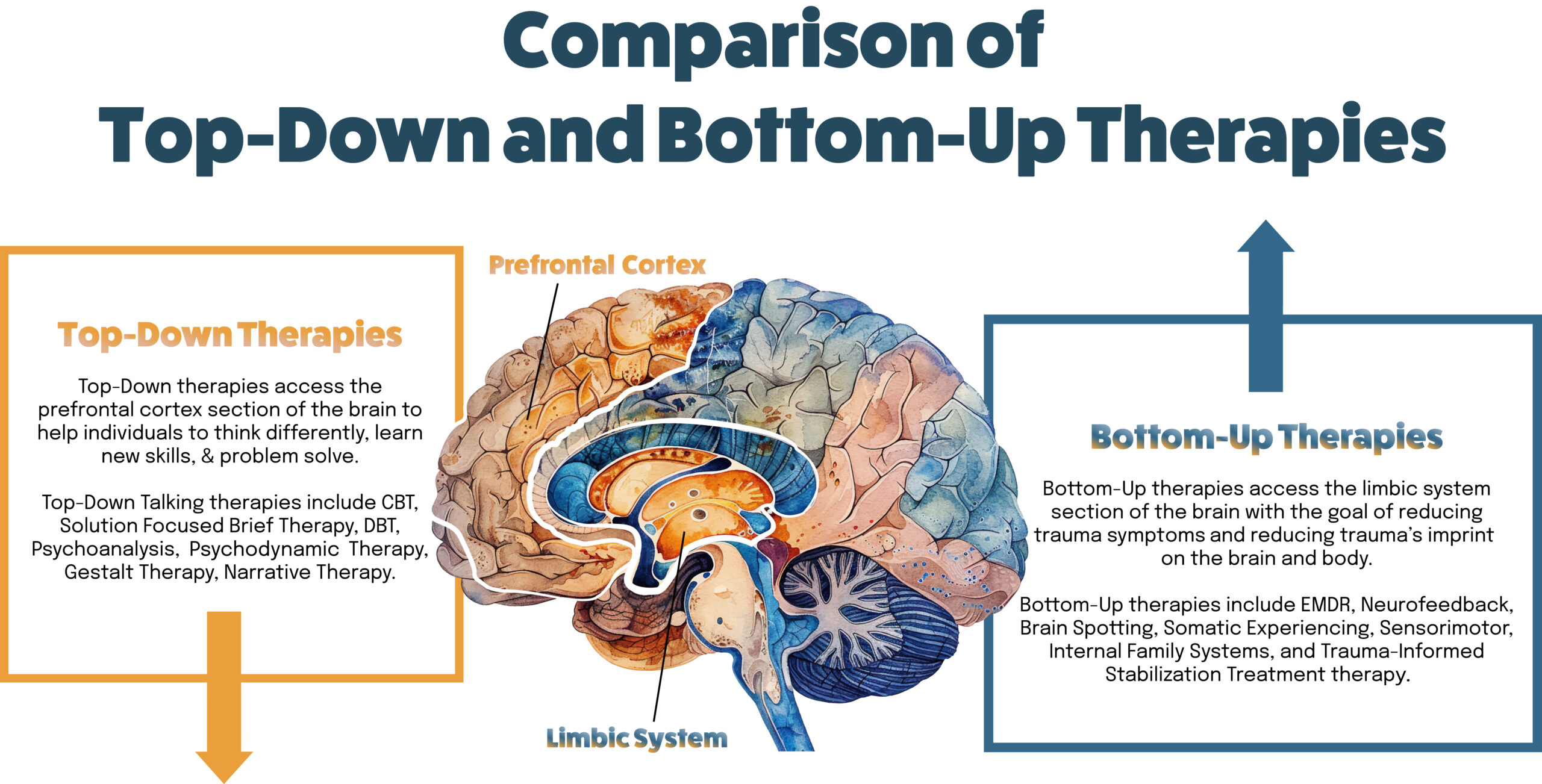
For clients with a diagnosis of a trauma disorder, Marie uses the recommended 3-stage trauma-informed treatment approach. The 3-stage trauma treatment approach works on helping clients with emotional dysregulation, identifying trauma symptoms and defenses before processing trauma memories.

Psychotherapy for adoption trauma begins with psychoeducation about how the brain and body change from traumatic stress. This helps trauma survivors understand that trauma symptoms are a normative response to abnormal events. As clients gain insight into their trauma symptoms, they become more aware of the triggers of their trauma symptoms. Trauma-informed psychotherapy recognizes that education alone is not enough to remove trauma symptoms –specialized trauma-informed therapy techniques need to be a part of the healing process.
Trauma-Informed Therapy Techniques Marie Is Trained In
With Marie’s office located on Colvin Avenue in Albany, NY, adoption counseling services can be a reasonable drive for individuals in Albany, Schenectady, Troy, or Saratoga counties. Visit the contact page to learn how easy it is to get to Marie’s office in Albany, NY. If you are not in the Albany, NY area, or unsure if you can get away to the office, teletherapy may be an adoption counseling option for you. Teletherapy is only available to New York residents due to licensing regulations for clinical social workers.
To learn about Marie and the adoption-competent and trauma-informed trainers Marie has trained with visit the about page of the website.
Adoption triad members wanting support on adoption issues in a group setting should visit the adoption support group webpage.
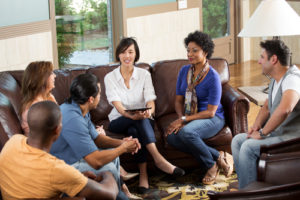
To learn more about Marie’s thoughts on adoption counseling issues visit Marie’s adoption blog.



